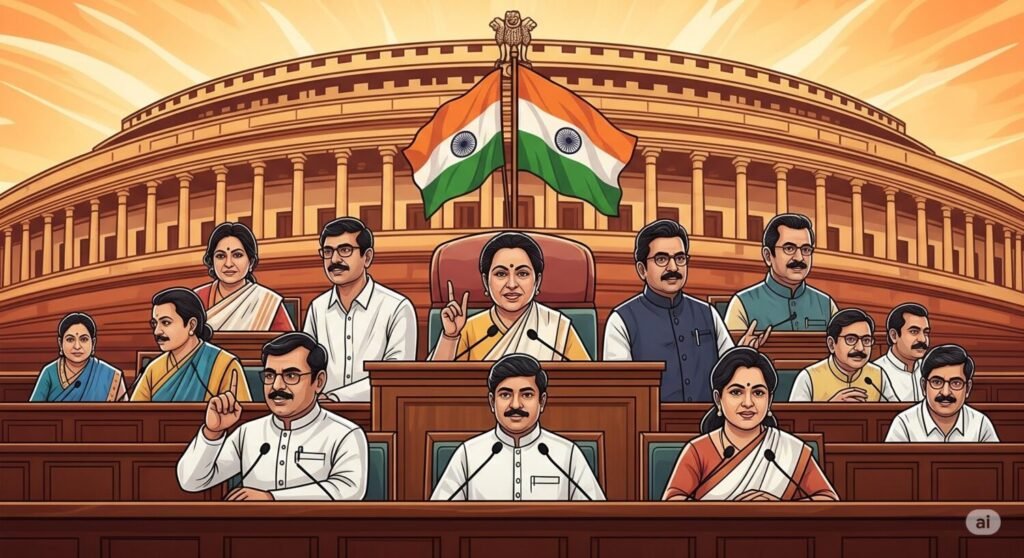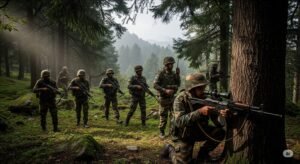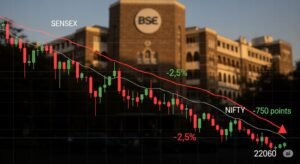In the vibrant theater of parliamentary politics, every word can be a strategic move, a subtle jab, or a surprising endorsement. Recently, a debate surrounding “Operation Sindoor” provided a fascinating glimpse into this dynamic, particularly highlighting an intriguing exchange that captivated observers. This discussion underscored not only the importance of the issue at hand but also the intricate dance between political rivals.
The Core of “Operation Sindoor”
“Operation Sindoor” itself appears to be a matter of significant national importance, likely pertaining to counter-terrorism efforts and India’s stance on national security. Such operations often involve sensitive diplomatic outreach and require a united national front. Furthermore, they invariably become a focal point for political discourse, as different parties seek to articulate their positions and scrutinize government actions. Indeed, these debates are crucial for transparency and accountability within a democratic framework.
A Notable Exchange in the House
During a recent parliamentary session, the discussion on “Operation Sindoor” took an unexpected turn, largely thanks to a pointed remark from a prominent figure. The interaction in question involved a leading BJP member taking a subtle yet impactful swipe at the Congress party, particularly mentioning a well-known opposition MP. This moment underscored the nuanced nature of political communication, where a seemingly innocuous comment can carry significant undertones. Additionally, it revealed how individual political figures, even within their own parties, can become symbols of broader party strategies or internal dynamics.
The BJP leader, observing what seemed to be a less-than-lively discussion from the opposition benches, wryly suggested that the debate would have been far more engaging had the Congress party permitted its more eloquent speakers to participate freely. He then specifically highlighted the Congress MP, acknowledging his considerable oratorical skills. This direct mention, delivered with a hint of admiration, simultaneously served as a critique of the Congress party’s apparent internal restrictions. Consequently, the moment created a stir, demonstrating the power of a well-timed observation in parliamentary proceedings.
- Strategic Praise: The BJP leader’s commendation of the opposition MP’s speaking abilities was a clever move. It not only highlighted talent but also implied a contrast with the opposition’s perceived reluctance to fully utilize it.
- Subtle Critique: By suggesting the opposition MP was being “stopped” from speaking, a narrative of internal party control was subtly introduced, adding another layer to the political exchange.
- Focus on National Interest: The statement that “no one could stop him from speaking in the national interest” further amplified the strategic praise, framing the individual’s contribution as transcending party lines.
Beyond the Headlines
This parliamentary interplay is a prime example of the multifaceted nature of political debate. It isn’t just about policies; therefore, it’s also about personalities, party dynamics, and the constant maneuvering for political advantage. Furthermore, such exchanges often resonate far beyond the walls of the parliament, shaping public perception and influencing future political narratives. Consequently, these debates are essential mechanisms for a healthy democracy, allowing for the airing of diverse viewpoints and the holding of power accountable. Ultimately, they reflect the vibrant, albeit sometimes contentious, essence of public service and governance.









